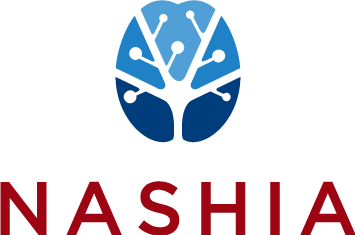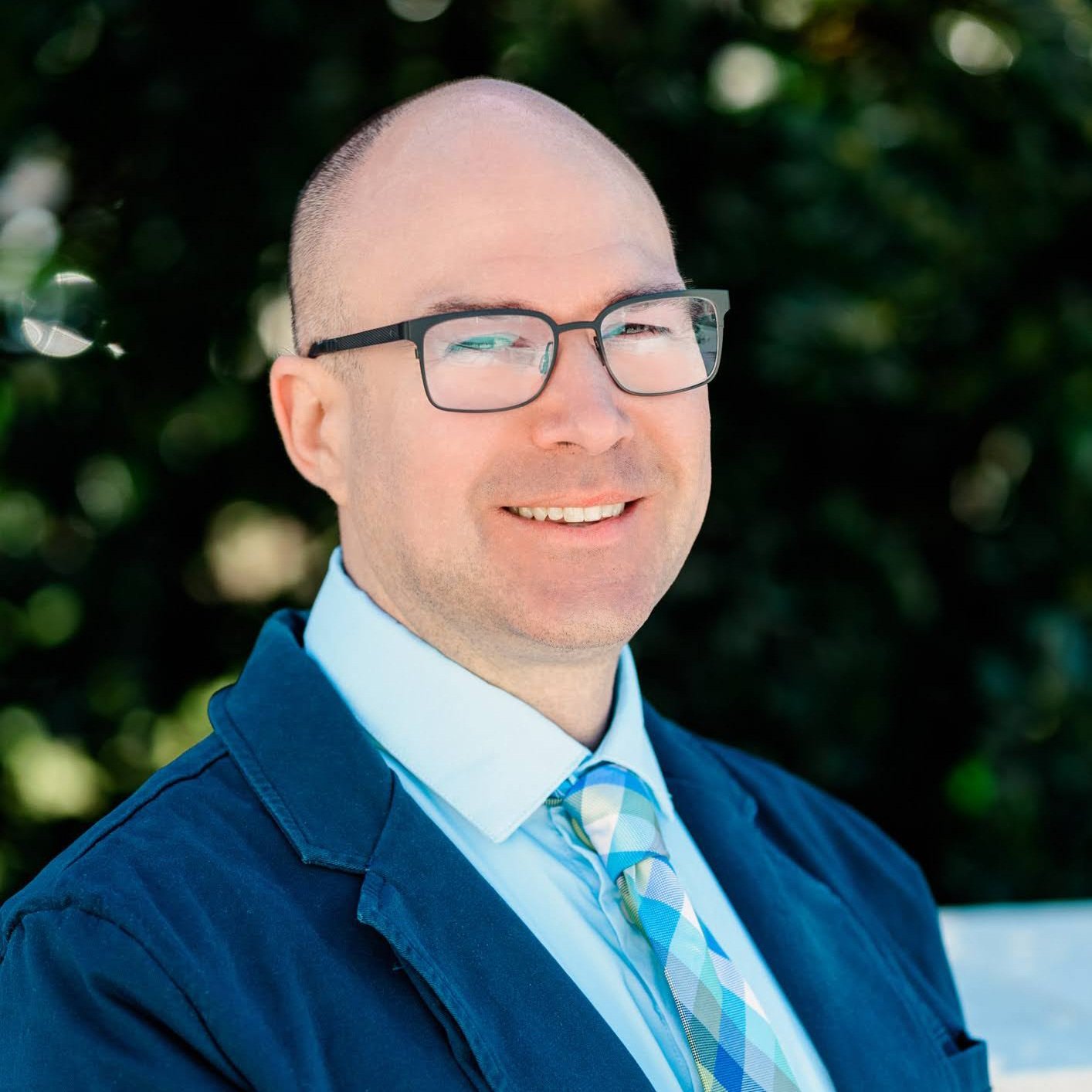Empowering state brain injury programs to secure a wide variety of funding paths.
Join NASHIA’s Public Policy Committee for a webinar about new federal funding options beyond traditional grants.
Participants will:
Find out about specific activities relevant to brain injury that can be funded through programs like Vocational Rehabilitation, the American Rescue Plan Act, Opioid Settlement Dollars, and more.
Discover ways to work with other state partners to include brain injury funding in various programs.
Understand how to partner with other state departments to make sure brain injury programs are a priority for funding.
The webinar will discuss why it's important to think long-term for sustained support and growth and give practical knowledge and tools to navigate and take advantage of different funding sources for state brain injury programs and partners, ensuring better support for those affected.
Presenters:
Zaida Ricker, MPS, supports NASHIA as the Director of Strategic Partnerships and Policy. In this role, she leads our federal policy influence efforts and has helped secure increases in funding for the Traumatic Brain Injury State Partnerships Program at the Administration for Community Living and the National Concussion Surveillance System at the Centers for Disease Control.
She also helps support policy efforts related to the overlap between intimate partner violence and justice-involved populations. Zaida has also worked for former Homeland Security Secretary Tom Ridge at the Ridge Policy Group since January 2018. She manages clients related to disability policy, helping to ensure that individuals with disabilities have equal opportunities in all aspects of life. Zaida helps to communicate with Capitol Hill and the Administration, supports grassroots communication, and provides legislative strategies to ensure successful government relations plans. She joined Ridge Policy Group after working for Congressman Brad Schneider of Illinois. In that position, she managed the Congressman’s portfolio as the Ranking Member of the House Small Business Subcommittee on Agriculture, Energy, and Trade, as well as a wide range of other issues, including disability issues. Before joining Rep. Schneider’s office, Zaida worked for Senate Democratic Leader Harry Reid, where she handled a robust domestic policy portfolio. During her time in both the Senate and the House, Zaida developed an understanding of Congressional procedure, shaped and passed policy, and built relationships with key staffers of both parties. Zaida graduated from Brigham Young University with a degree in poli-sci and received her master’s degree in legislative affairs from George Washington University. In her free time, Zaida enjoys spending time with her family, husband Cameron, daughter Zona, and dog Champion.
Derek Fales is the waiver services director within the Developmental Disabilities and Brain Injury Services Unit for the Office of Aging and Disability Services, and Co-Chair of NASHIA’s Public Policy Committee. He oversees the day to day operations for Home and Community Based Services waiver programs for Individuals with Intellectual Disabilities, Other Related Conditions and Brain Injury in partnership with the State Medicaid Agency, the Office of MaineCare Services.
As the waiver services director he oversees Developmental Disability and Brain Injury Waiver programs in addition to overseeing Maine’s Brain Injury Services and Supports programs. He is an accomplished senior manager, facilitator and an experienced social worker serving in a variety of roles within policy development and implementation, project management, and protective services both in the State of Maine and in the Northern Territory of Australia. His extensive experience in health and human services has been focused on working towards increasing positive social outcomes for children and families affected by violence, poverty, substance abuse while ensuring community integration and maximizing opportunities for people with disabilities to live and work in their communities to the same degree as a person without disabilities.



